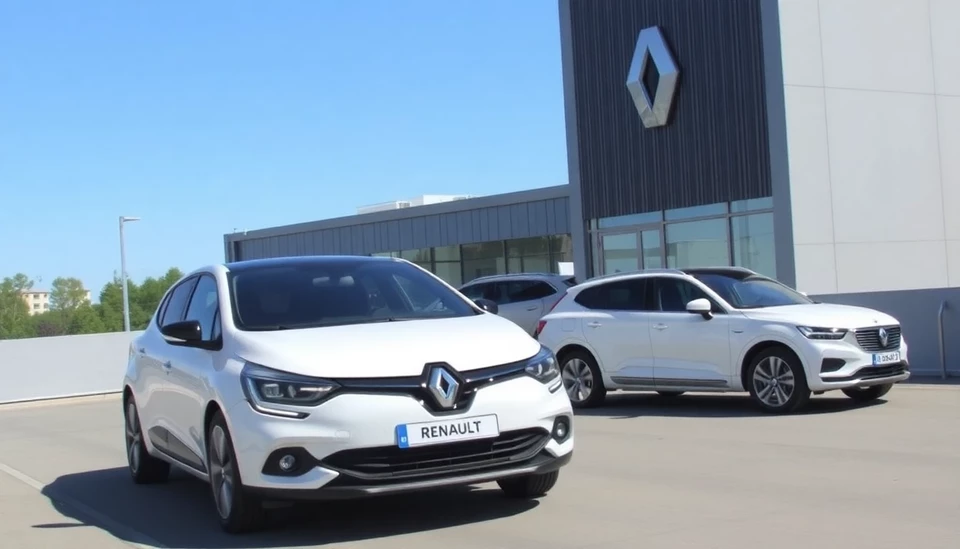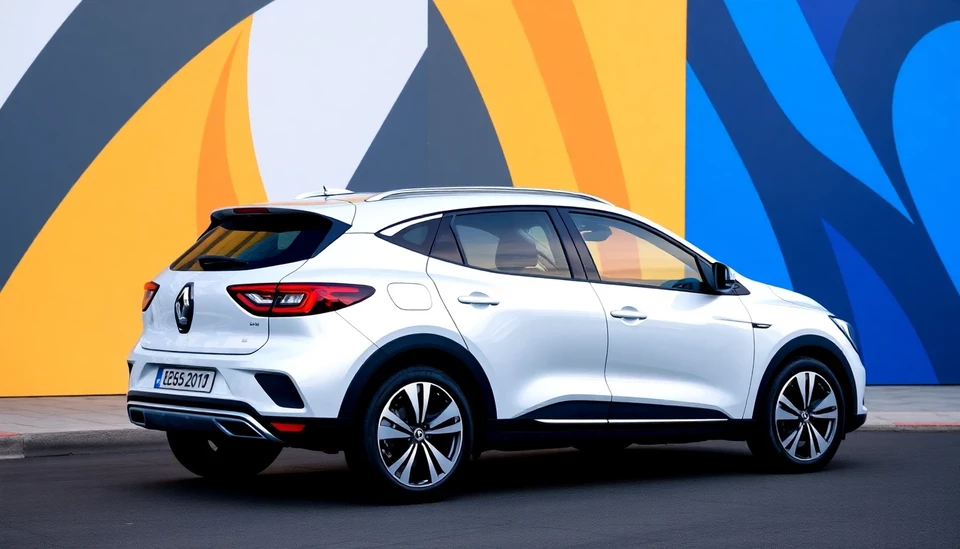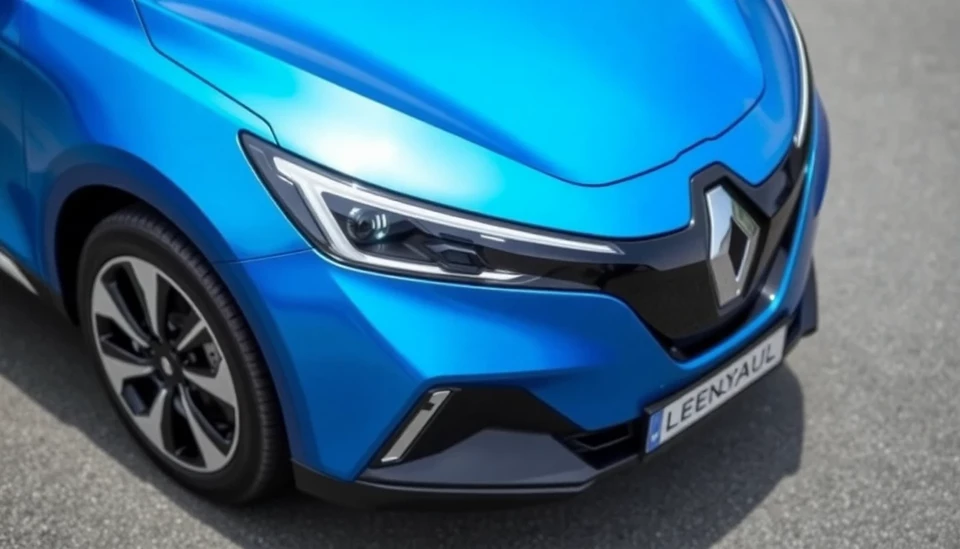
In a bold statement that could reshape the automotive industry's landscape in Europe, a senior executive from Renault has expressed unwavering certainty that the European Union is poised to relax its stringent carbon dioxide emissions regulations. This assertion comes at a critical time when manufacturers are grappling with the regulatory framework aimed at combating climate change while balancing the economic realities of production.
The Renault executive, who has not been publicly named, shared insights during a recent industry conference, articulating a strong belief that the EU's current CO2 targets are not sustainable for car makers. The executive's comments resonate with a sentiment that has been echoed throughout the automotive sector, where the pressures of compliance and the financial burdens associated with meeting these ambitious emissions standards have raised concerns among manufacturers.
Since the EU introduced its aggressive emissions targets, meant to facilitate a significant reduction in greenhouse gas output, automakers have been racing to innovate and adapt their vehicle lineups. However, the executive from Renault asserted that these lofty goals may be reconsidered, highlighting the need for a balanced approach that considers both environmental sustainability and the economic viability of manufacturers.
Renault has been actively transitioning towards more electric and hybrid models as part of its strategy to adhere to the EU’s stringent regulations. Nevertheless, the company’s executive pointed out that the evolving landscape of environmental regulations must reflect real-world capabilities and limits, suggesting that the EU may soon acknowledge the challenges faced by the automotive sector and revisit the targets it has set forth.
For many within the industry, this optimism could signal a turning point, especially as several European automakers confront fiscal pressures tied to rapid transformations in vehicle manufacturing and consumer preferences. Not only do these factors demand innovation, but they also require significant investment in new technologies, all while navigating an increasingly competitive market.
The conversation around climate regulations is further fueled by ongoing discussions about the economic implications of the current policies, including potential impacts on jobs, manufacturing costs, and consumer vehicle prices. The Renault executive's confidence suggests that the EU may be contemplating adjustments that could ease the burden on manufacturers while still committing to environmental goals.
As the industry watches closely, the upcoming legislative discussions within the EU will be crucial. Stakeholders will be eager to see how the EU balances its ambitious climate objectives with the realities faced by major automotive players like Renault. The outcome of these discussions could have significant ramifications, potentially influencing the future trajectory of the automotive landscape in Europe.
In conclusion, as Renault's executive shares optimism regarding a possible shift in EU CO2 regulations, the implications of such a change could be profound, affecting not only manufacturers but also consumers and the broader environment. The industry waits with bated breath for the EU's next moves, hoping for a framework that fosters innovation while also supporting sustainability.
#Renault #EU #CO2Regulations #AutomotiveIndustry #ClimateChange #ElectricVehicles
Author: John Harris




